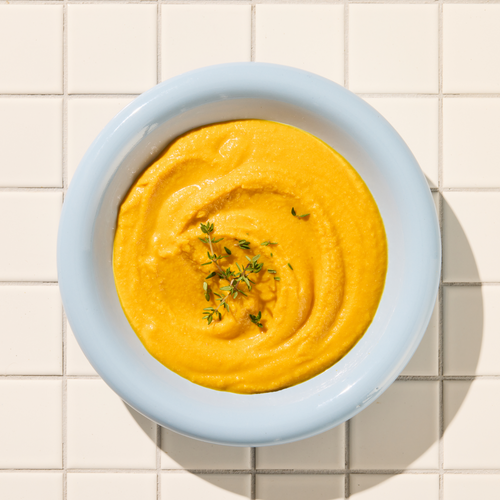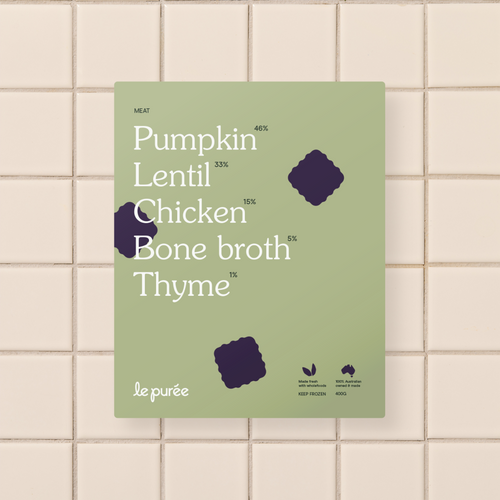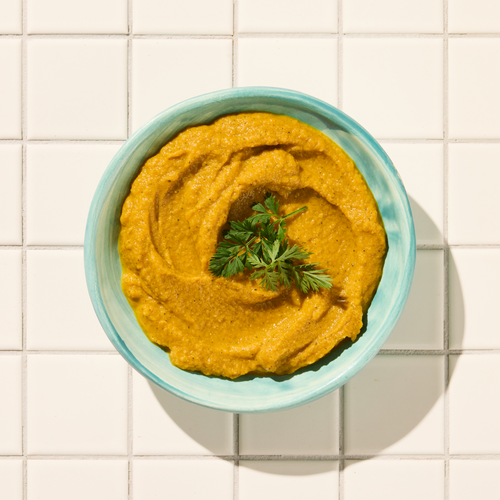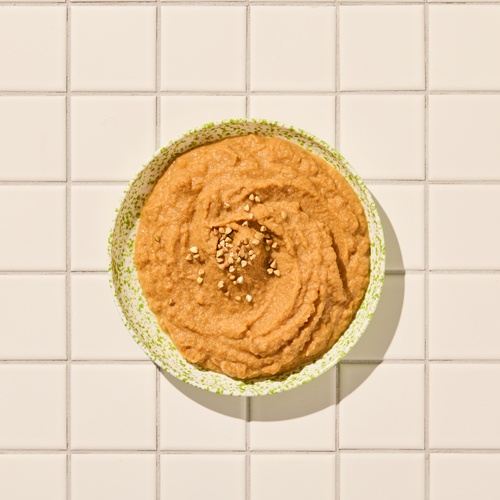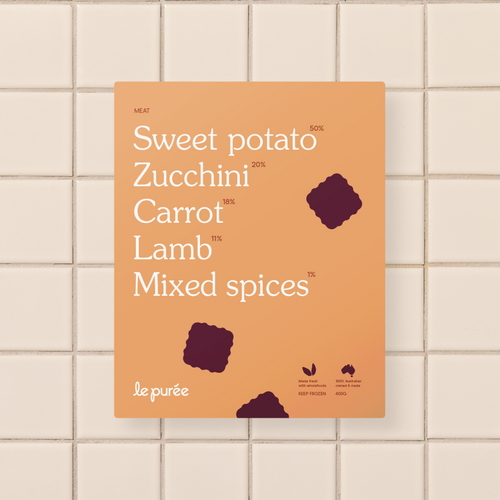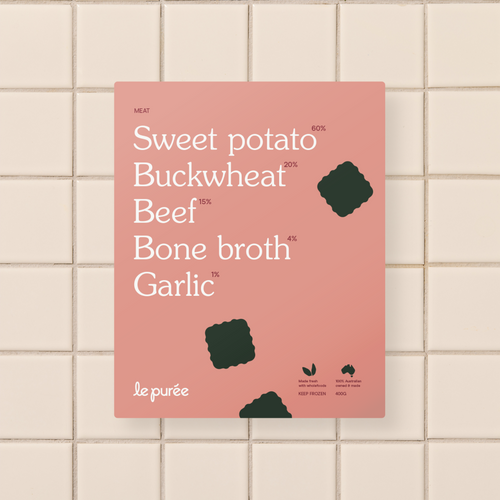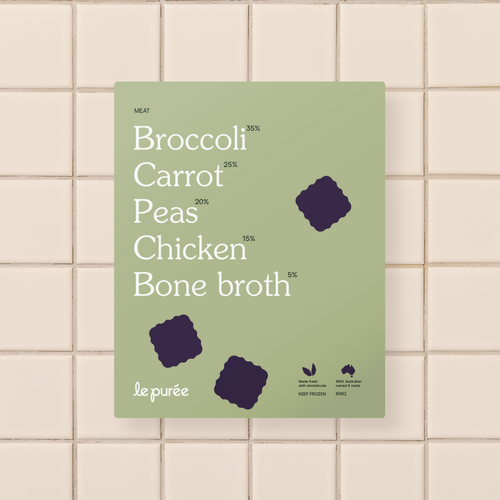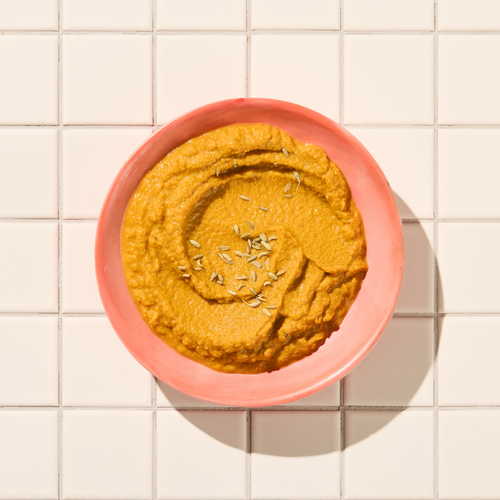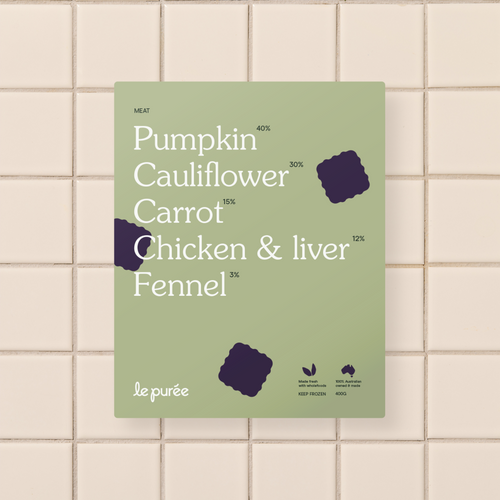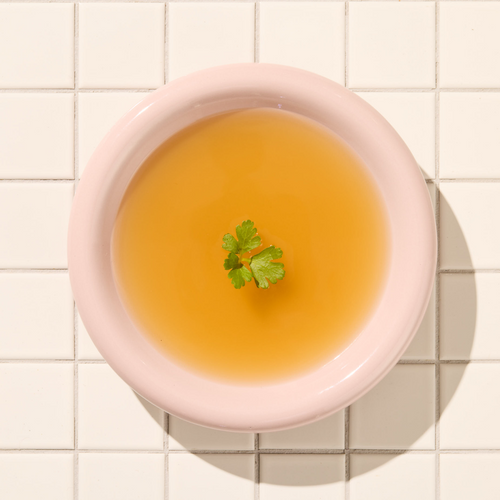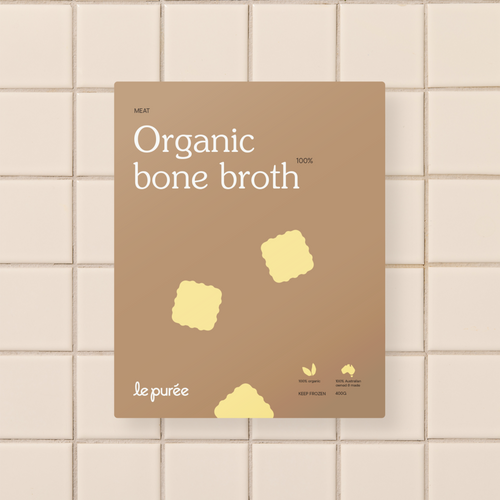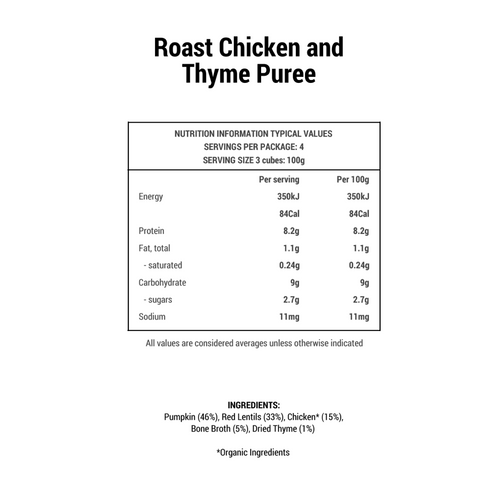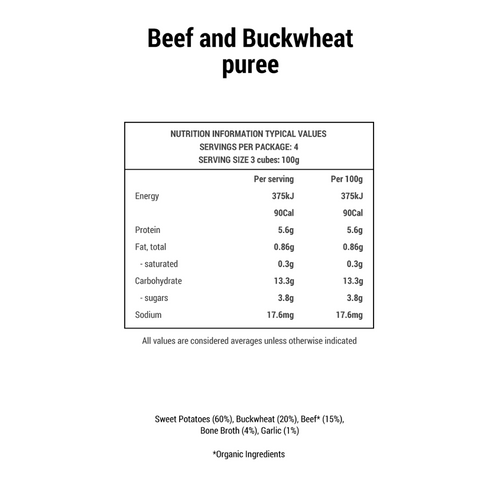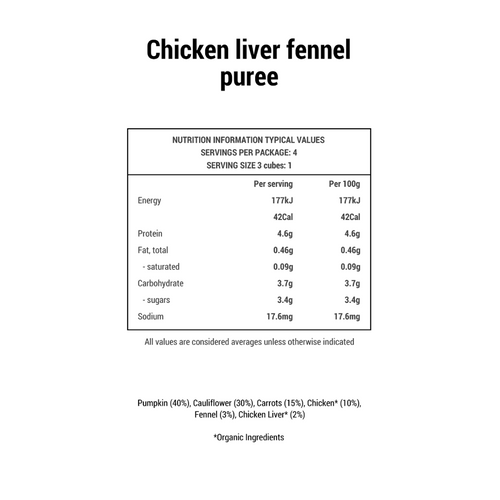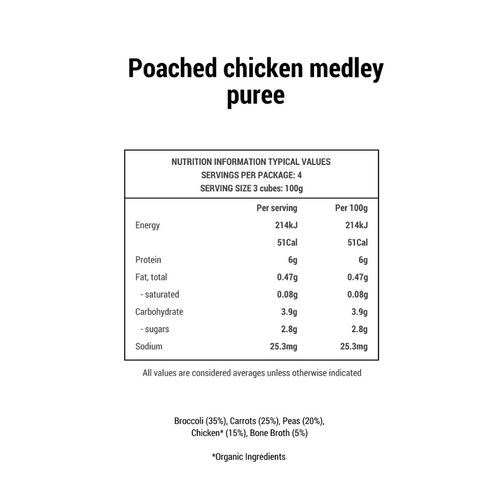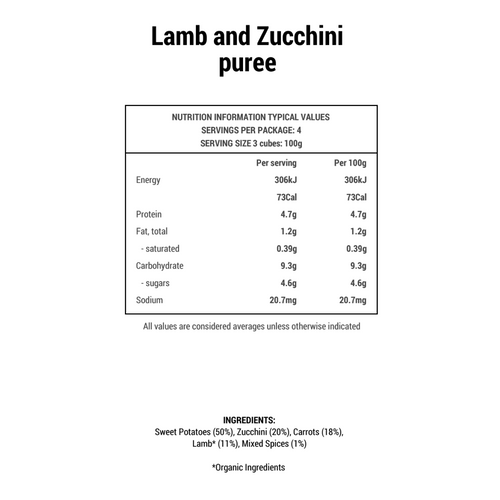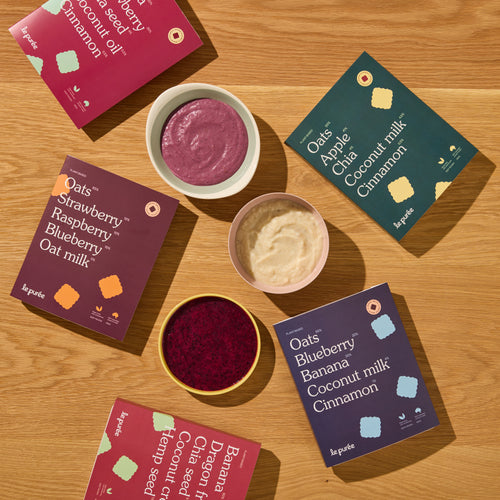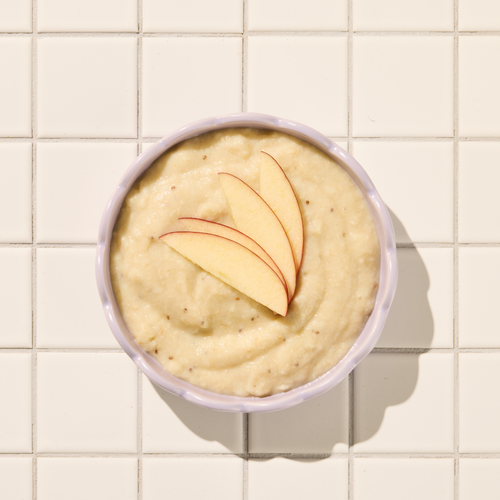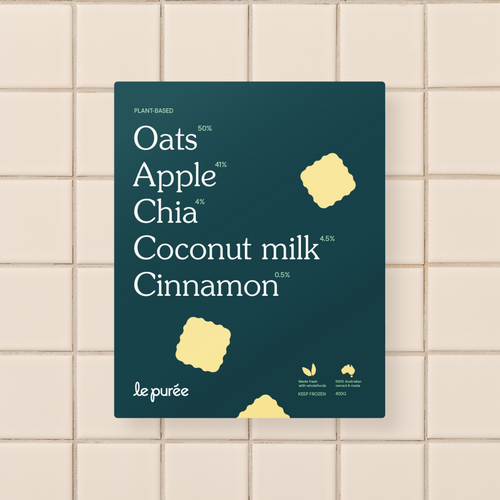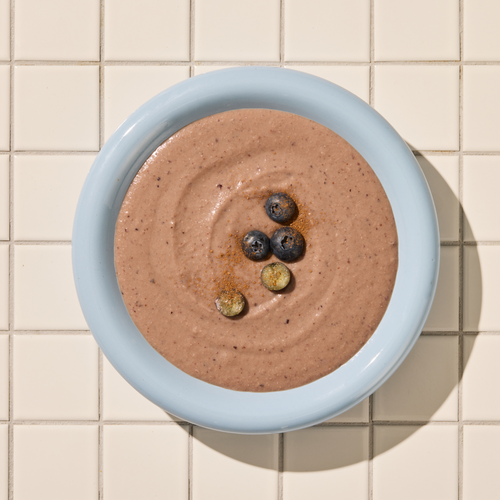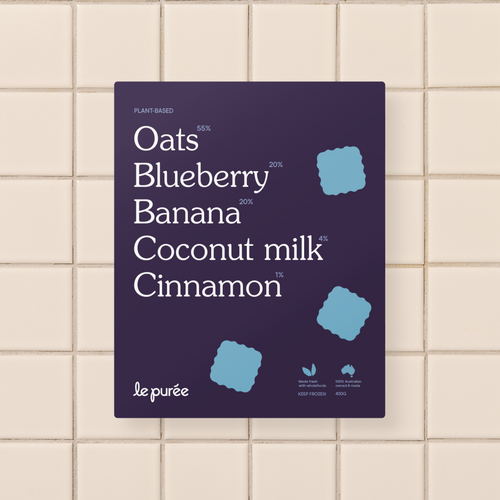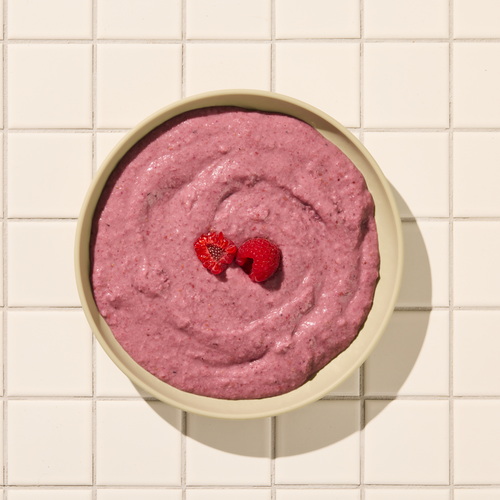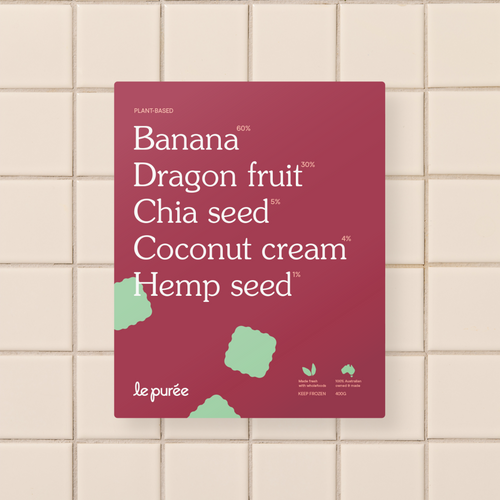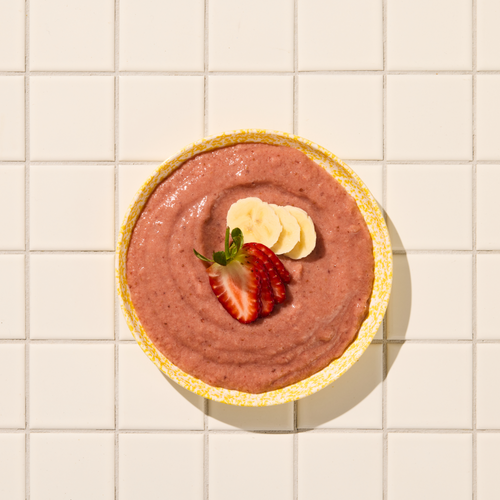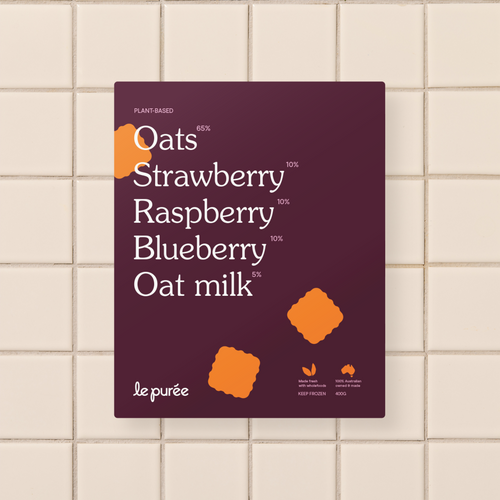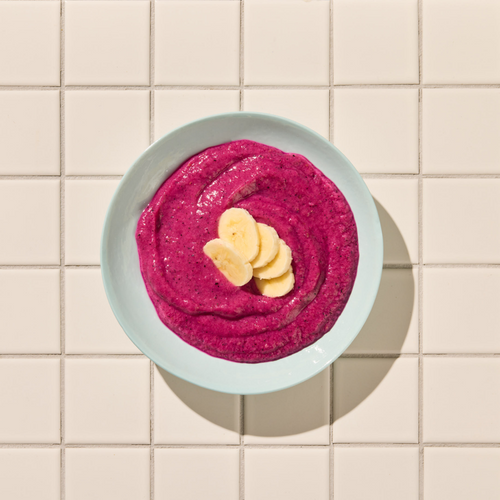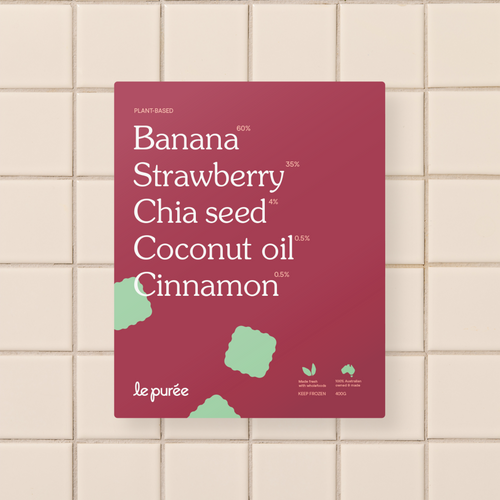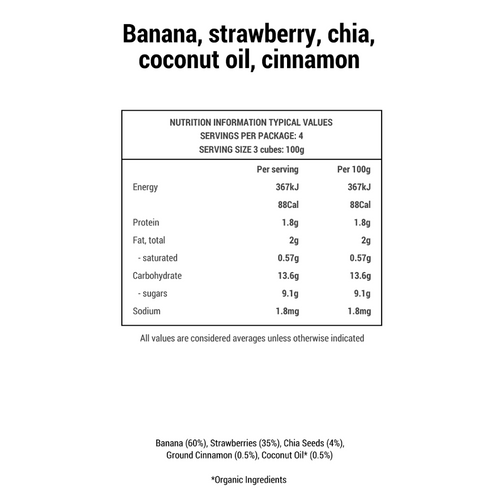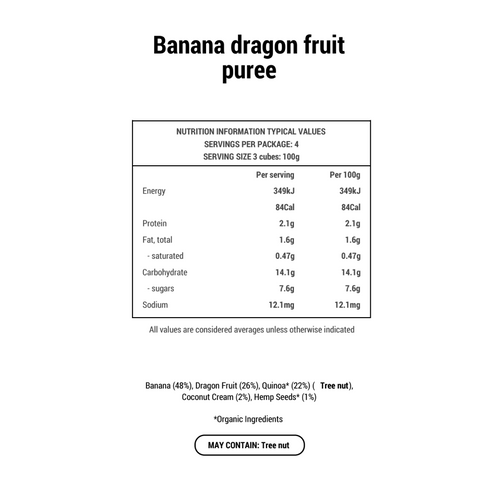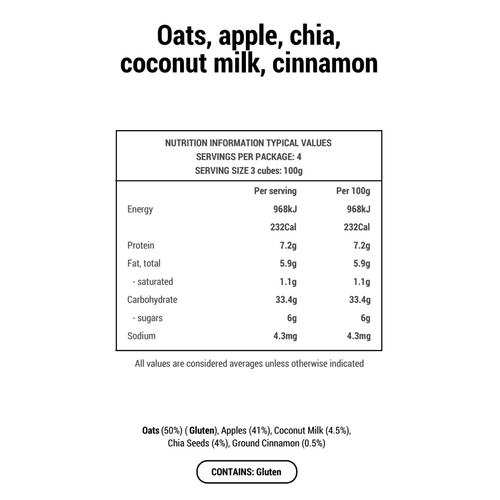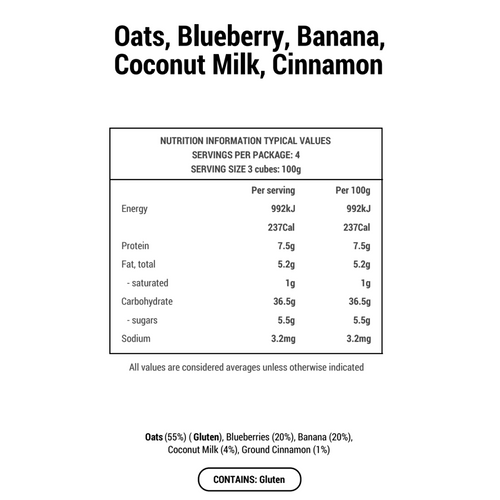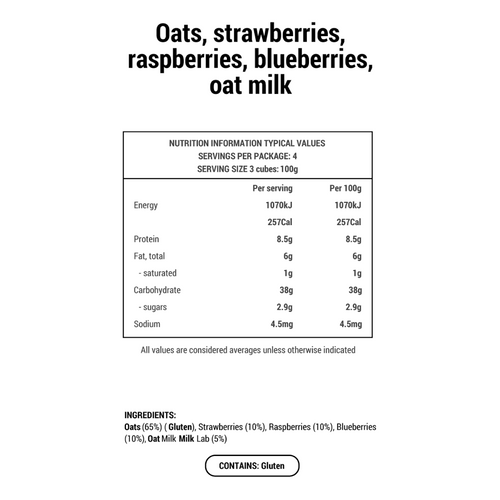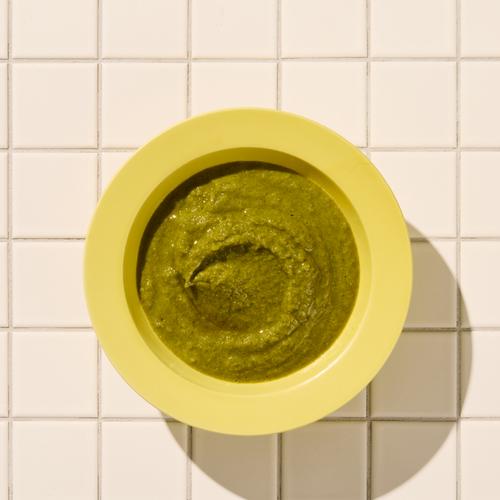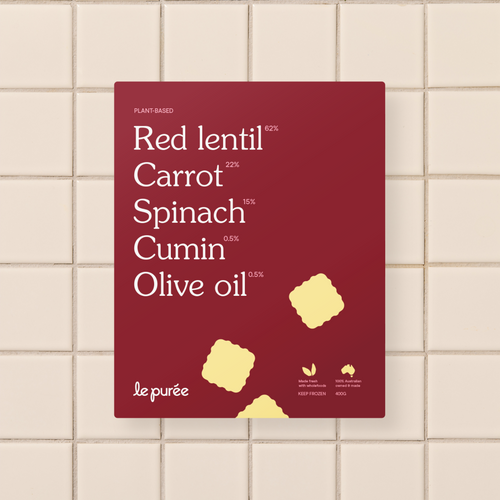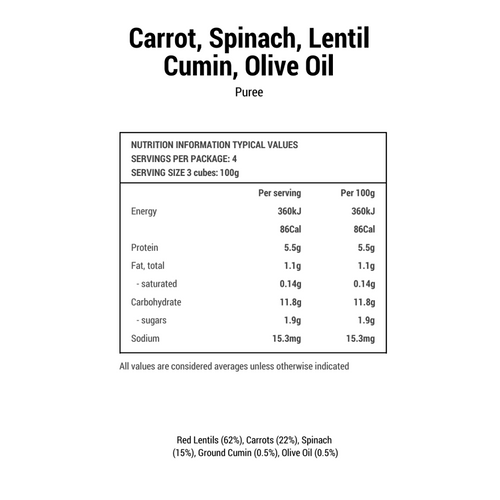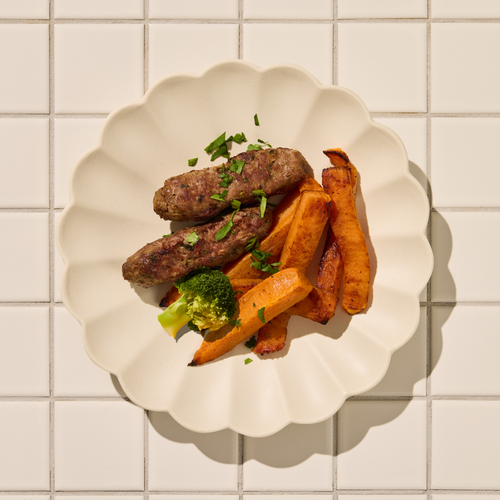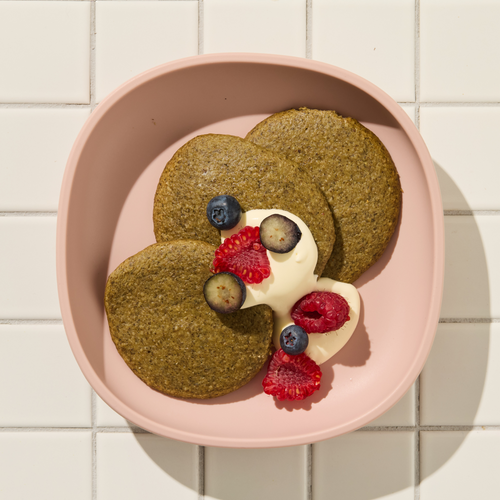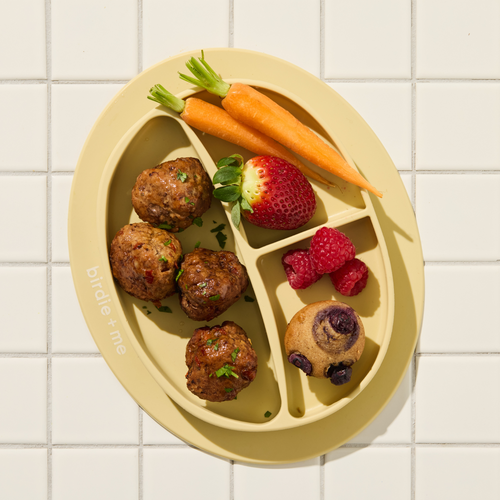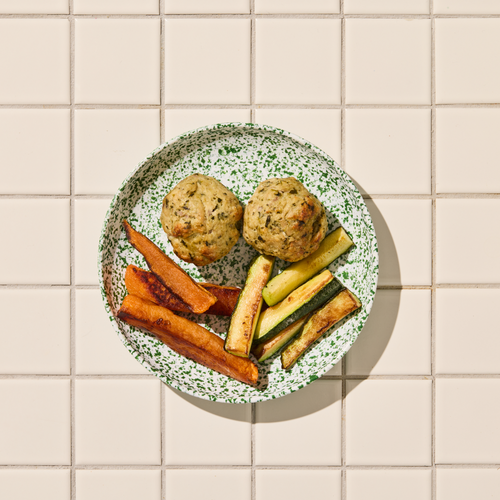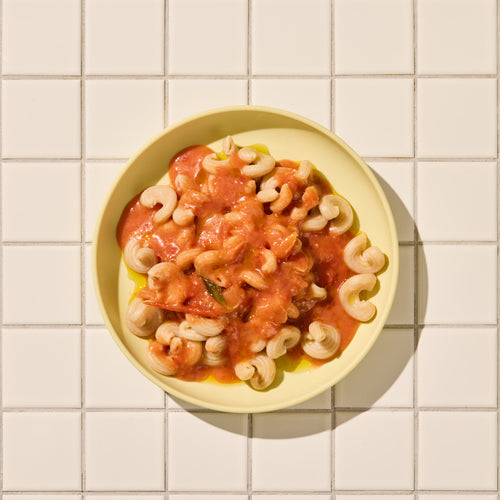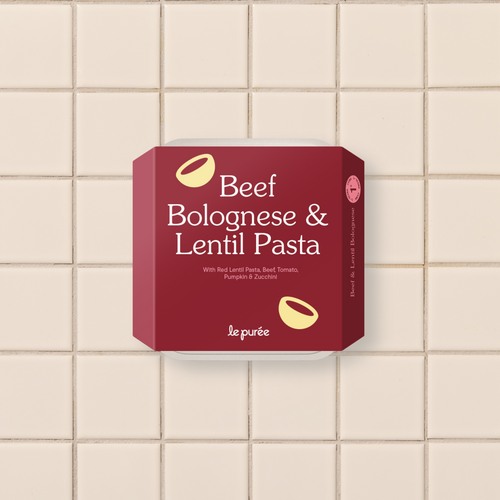
Written By: Taylor McElhone, Sleep Consultant, Sleepy Squish Co.
Introduction
When tackling baby and toddler sleep challenges, we often focus on settling techniques or adjusting awake windows. While these strategies can help, nutrition plays a vital role in enhancing sleep quality, regulating patterns, and even easing bedtime routines. This guide explores the key nutrients that support restful sleep and how to incorporate them into your child’s diet.
Key Nutrients That Support Sleep
1. Iron: The Sleep Foundation
Iron is critical for a baby’s development and plays a significant role in maintaining healthy sleep patterns. Low iron levels can disrupt sleep, so ensuring your child meets their dietary iron needs is essential.

Iron-Rich Foods:
- Meat and seafood (e.g., beef, lamb, salmon). Try Le Puree's Lamb Roast Puree, Beef & Liver Meatballs or Liver Pate!
- Leafy greens (e.g., spinach, kale). Try Le Puree's Pear, Spinach, White Bean Puree, Loaded Liver with Pumpkin Apple Kale Puree
- Legumes, nuts, and seeds.
2. Magnesium: Relaxation and Sleep Quality
Magnesium supports relaxation, calms the body, and promotes circadian rhythm regulation. It’s also linked to improvements in sleep duration and daytime alertness.

Magnesium-Rich Foods:
- Avocado, chia seeds, nuts.
- Spinach or add Epsom salts to bathwater for a calming effect.
3. Omega-3 Fatty Acids: Sleep Efficiency
DHA and EPA, types of omega-3 fatty acids, are associated with improved sleep efficiency and duration. They also support brain health and development.

Omega-3-Rich Foods:
- Fatty fish (e.g., salmon, sardines, mackerel). Try Le Puree's Fish Range ft. Salmon, Sardines & Mackerel!
- Chia seeds and hemp seeds.
4. Vitamin D: The Sleep Regulator
Vitamin D is crucial for melatonin production, which regulates sleep cycles. Sunlight exposure is a natural source, but food sources are also important.

Vitamin D-Rich Foods:
- Oily fish, egg yolks, and mushrooms.
5. Zinc: Hormonal Support
Zinc aids in converting tryptophan into serotonin and melatonin, both of which are essential for sleep.

Zinc-Rich Foods:
- Oysters, red meat, nuts, seeds, and legumes.
6. Calcium: Melatonin Production
Calcium supports the production of melatonin, helping to regulate the sleep cycle.

Calcium-Rich Foods:
- Dairy products (milk, cheese, yogurt).
- Tofu, nuts, and fortified plant-based milk.
7. Protein: Tryptophan for Restful Sleep
Protein-rich foods contain tryptophan, an amino acid that promotes the production of serotonin and melatonin.

Protein Sources:
- Chicken, eggs, salmon, lentils, cottage cheese.
A Balanced Approach
While these nutrients play a vital role in promoting sleep, a balanced diet is key. Over-prioritizing certain nutrients can result in nutritional gaps elsewhere, so aim for variety and moderation.
Conclusion
Supporting your baby or toddler’s sleep isn’t just about routines—it’s about what’s on their plate too. A diet rich in sleep-supportive nutrients can make bedtime smoother and contribute to their overall development.
Written by: Taylor McElhone, Sleep Consultant, Sleepy Squish Co.
Nutrition insights provided by Abby McLennan at Mum Bub Nutrition.
How Can Le Puree Help?
Ready to nourish your little one’s sleep? Explore our range of baby-friendly, nutrient-packed meals designed for balanced nutrition at every stage!




